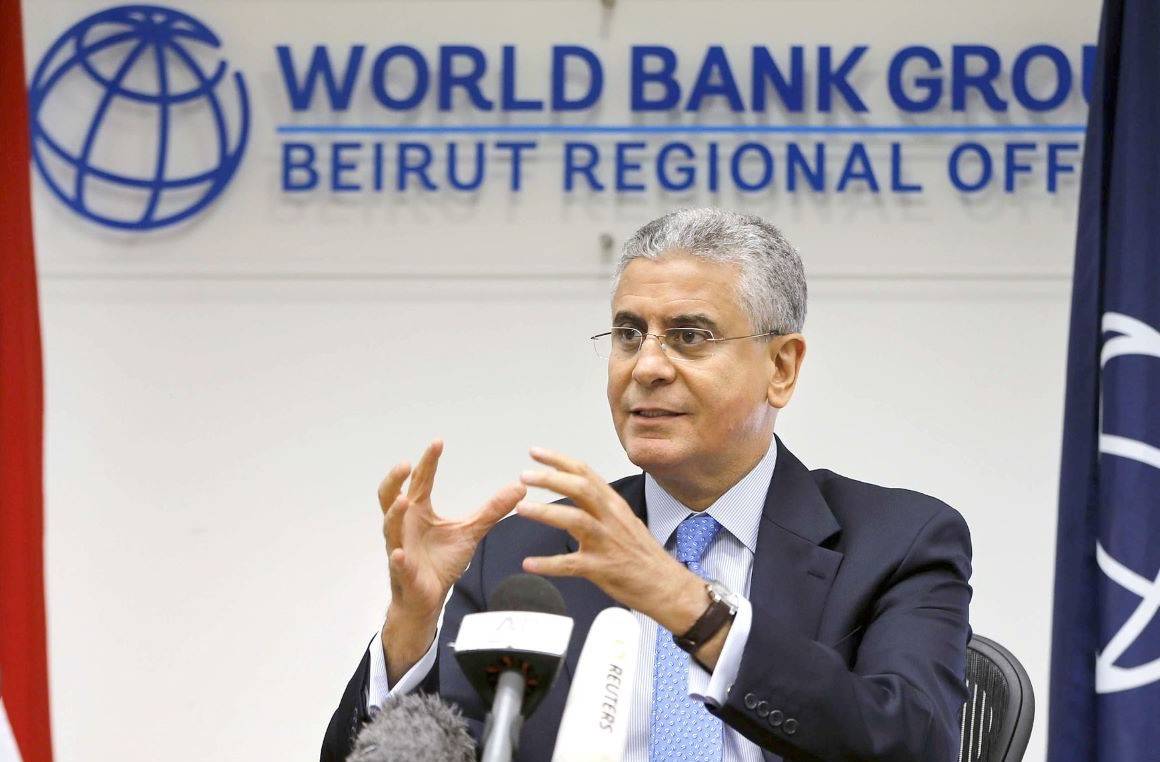
The remarks were made by Ferid Belhaj, World Bank vice president for the Middle East and North Africa, during a meeting with Prime Minister Najib Mikati to discuss measures to assist the country during its present economic crisis, according to Xinhua.
"Investing more money in Lebanon's agriculture, industry, environment, energy, and economy, in addition to the health and education sectors, which are among the most crucial sectors in the current circumstances," Belhaj stated.
"Establishing programmes to help Lebanese citizens, such as the social coverage project, is critical because they have a direct influence on Lebanese individuals who have reached an unparalleled degree of poverty," he continued.
He also stated that the World Bank is exploring a USD 100 to USD 150 million investment in renewable energy projects in Lebanon. It has been ravaged by the most devastating, multi-pronged crises in its modern history for nearly three years. According to the World Bank, the growing economic and financial crisis that began in October 2019 has been compounded by the dual economic impact of the pandemic and the major Port of Beirut explosion in August 2020.
The economic crisis has had by far the most significant (and long-lasting) negative impact of the three. Lebanon was reclassified as a lower-middle income country by the World Bank in July of last year, down from upper middle-income rank. Unemployment has also increased from 11.4% in 2018-19 to 29.6% in 2022.
On the same day, the Lebanese pound fell to 100,000 LBP per US dollar for the first time in history. The value of the Lebanese pound has dropped by 8,000 pounds just two weeks ago, when it was worth 92,000 pounds versus the US dollar. The pound was tied to the dollar in 1997 at 1 LBP to 1 USD, and the two were convertible until October 2019.
The Central Bank of Lebanon changed its long-standing official exchange rate from 1,507.5 LBP to 15,000 LBP against the dollar on February 1, however it remains significantly below the currency's real value.
Economists in Lebanon have urged authorities to pick a new president and create a new government in order to break the political gridlock and allow the country to conduct vital changes and avoid collapse.
















